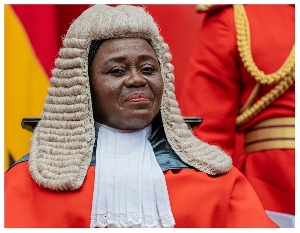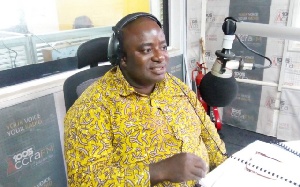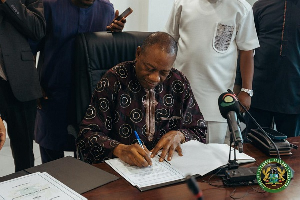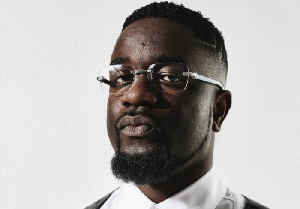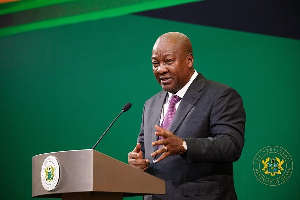Ghana’s current Chief Justice (CJ), Gertrude Araba Esaaba Sackey Torkornoo, assumed office on June 12, 2023, following the retirement of her predecessor, Justice Kwasi Anin-Yeboah (rtd).
As the third female CJ of the Fourth Republic, many including myself, hoped she would restore public confidence in the Supreme Court (SC), which had been tarnished under the previous administration.
The judiciary’s reputation had suffered due to perceptions of bias, dubbed the "Unanimous FC" for rulings often favoring the Akufo-Addo-led government and the NPP, and allegations of corruption. Even a former National Security Minister, Mr. Albert Kan-Dapaah, publicly warned that such judicial partiality toward one side posed a national security threat, a concern I share.
Sadly, CJ Torkornoo’s tenure has done little to dispel these concerns. Instead, her actions have reinforced suspicions of bias and selective justice.
A Pattern of Questionable Conduct
First, her demeanor has subtly signaled disdain for President John Dramani Mahama, dating back to his time in opposition. Second, like her predecessor, her rulings and administrative decisions appear skewed toward former President Akufo-Addo’s party members.
I’ve previously highlighted several examples of biased rulings from the SC in two of my media articles. For instance:
She acted with unusual haste to grant an injunction filed by Afenyo-Markin, halting Speaker Bagbin’s move to vacate four parliamentary seats in the 8th Parliament.
- She delayed rulings on critical issues, such as the botched LGBTQ bill, while handpicking judges favored by her for the previous Akufo-Addo’s administration to pack the SC.
- These actions have fueled public distrust. The Mo Ibrahim Foundation’s recent report underscores this decline, noting a 30% drop in judicial impartiality, a damning indictment of the current SC under CJ Torkornoo.
The Push for Accountability
It was no surprise when Hon. Felix Kwakye Ofosu, spokesperson for President Mahama, announced three petitions seeking her removal. Public reaction has been mixed, but a majority of Ghanaians support the move as a step toward much-needed judicial reform, a cornerstone of President Mahama’s "Resetting Ghana Agenda." I agree with the Majority’s assertion.
Yet, the response from certain quarters has been telling. Two NPP-affiliated individuals rushed to the SC to file an injunction to block the removal process. Meanwhile, CJ Torkornoo’s leaked letter requesting the petitions from the Presidency, while the president was still deliberating, raised serious eyebrows and 2 begging questions:
- Why were only NPP members defending her and running to the SC to stop President Mahama from allowing the constitutional process on her removal?
- Why make her request for the petitions public while those petitions at the Presidency remained private?
These actions suggest a judiciary still entangled in partisan politics, a legacy of the previous administration’s interference in state institutions.
A Call for Change
President Mahama, demonstrating his commitment to due process, has transmitted the petitions to CJ Torkornoo, giving her 10 days to respond. This is commendable. However, the broader issue remains: Ghana’s judiciary is in dire need of reform, and such reform cannot occur under the current leadership.
As a democrat and advocate for the rule of law, I believe CJ Torkornoo should resign. Her tenure has failed to break from the "Unanimous FC" legacy, and the petitions, though their contents are undisclosed, are likely to contain serious allegations. Resigning would spare the judiciary further damage and allow for a fresh start.
I echo the sentiments of retired Justice William Atuguba of the SC: meaningful judicial reform requires new leadership. Just as the executive and legislature change to reflect the will of the people, so too must the judiciary.
For the sake of Ghana’s democracy, it’s time for CJ Torkornoo to step aside before thorough investigations start by a 5-member Committee.
Opinions of Friday, 4 April 2025
Columnist: John-Baptist Naah

